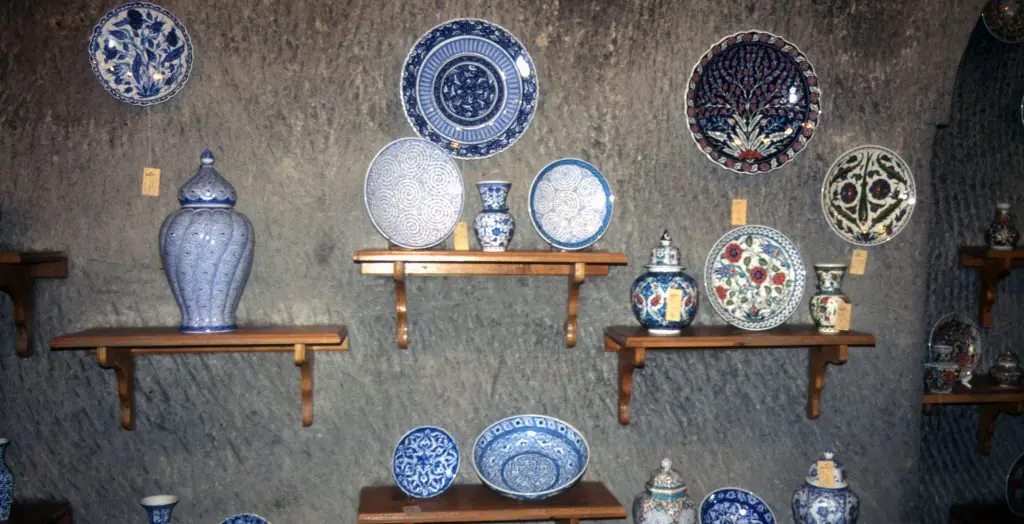
Cremation, one of the oldest funeral practices, has transcended centuries and cultures, evolving into a modern ritual with diverse cultural significance. As we explore the history of cremation, its roots as one of the earliest forms of funerals, and the various cultures that have practised it, we’ll also delve into the contemporary landscape, highlighting the role of funeral homes in Brisbane, specifically focusing on Swanborough Funerals and their cremation services.
The History of Cremation
Cremation Emerges as One of the Earliest Funeral Practices
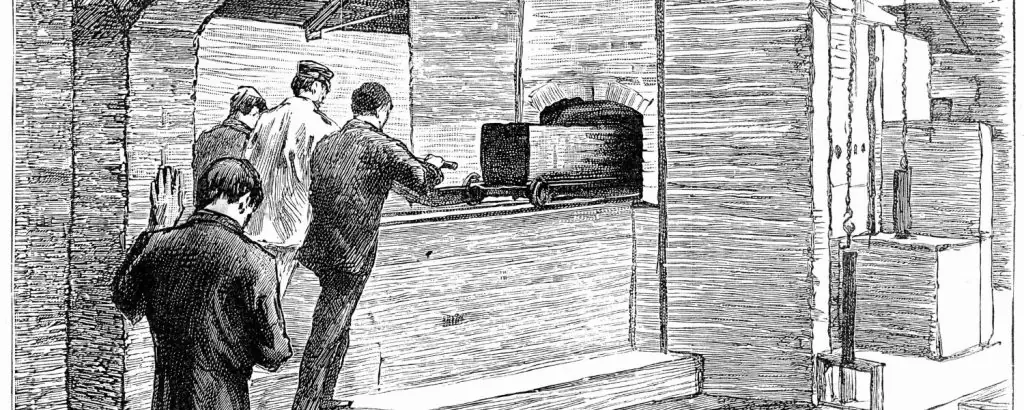
Cremation, derived from the Latin word “Cremo,” meaning “to burn,” has deep historical roots. Evidence suggests that cremation was a prevalent funeral practice in ancient civilisations, dating back to the Neolithic period. Early records from the Bronze Age reveal cremation as a common method for disposing of the deceased. During ancient times, this practice held practical significance, serving to prevent the transmission of diseases and preserve precious land resources.
As societies progressed, so did their funeral practices. The Greeks, for instance, embraced cremation as a ceremonial and symbolic act. They believed that burning the body released the soul, allowing it to ascend to the afterlife. The Romans, too, adopted cremation, influenced by their Greek counterparts. However, with the rise of Christianity, burial gained prominence over cremation, as the new faith emphasised the resurrection of the body.
Various Cultures Practised Cremations
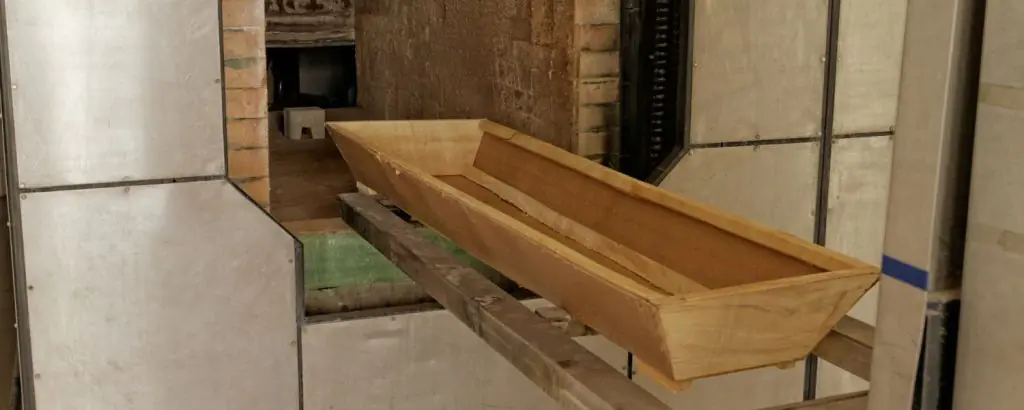
The practice of cremation is not confined to a specific culture, region, or period; instead, it spans the globe, with various civilisations embracing this form of final disposition throughout history. The cultural significance of cremation differs widely, reflecting diverse beliefs, traditions, and spiritual ideologies. Let’s explore how different cultures have approached cremation, shaping its meaning and rituals.
Hinduism
In Hinduism, cremation holds profound spiritual importance. The ancient Vedic scriptures prescribe cremation as a sacred duty, known as “Antyeshti” or the last sacrifice. Hindus believe that by cremating the body, the soul is liberated from the physical realm, breaking the cycle of reincarnation. The cremation ceremony is elaborate, with rituals and prayers performed by the family, emphasising the soul’s journey to the afterlife.
Buddhism
Buddhism, emphasising impermanence and detachment from the material world, has embraced cremation as a symbolic act. The Buddha’s own cremation is a significant event in Buddhist history, reinforcing the idea of the transient nature of life. Many Buddhist communities practise cremation, viewing it as a way for the soul to transition peacefully to the next life. Cremation ceremonies often incorporate Buddhist rituals, providing solace to the grieving and honouring the deceased.
Ancient Greece and Rome
In the ancient Greek eras known as the Archaic and Classical periods, cremation surfaced as a dominant and extensively embraced form of funeral ritual. The Greeks believed that burning the body purified the soul, allowing it to move on to the afterlife. Similarly, the Romans, influenced by Greek culture, adopted cremation, although burial also coexisted as a practice. The ashes were often placed in urns, and ceremonies were held to honour the departed.
Japan
In Japan, cremation has been the predominant method of handling the deceased for centuries. Limited available land and the influence of Buddhist and Shinto beliefs contribute to this preference. Japanese cremation ceremonies blend traditional rituals with modern practices, emphasising respect for the deceased and expressing condolences to the grieving family.
Native American Tribes
Various Native American tribes practised open-air cremations, aligning with their close connection to nature. The belief in the cyclical nature of life, death, and rebirth was symbolically represented through cremation. The spirit was thought to join the elements, emphasising the spiritual continuity within the natural world.
Modern Variations
As cremation regained popularity in the Western world during the 19th century, different cultural and religious groups adapted the practice to suit their beliefs. Today, individuals from diverse backgrounds choose cremation for various reasons, including environmental considerations, cost-effectiveness, and a desire for a more personalised approach to end-of-life rituals.
Contemporary Practices
In the contemporary era, cremation has become a widely accepted and practised method of disposition. Its popularity is not limited to any specific culture or religious group, as people from various backgrounds appreciate cremation’s flexibility, simplicity, and eco-friendly aspects. As cities like Brisbane embrace this diverse cultural tapestry, funeral homes, including Swanborough Funerals, are crucial in providing respectful and inclusive cremation services.
Modern Cremation Develops
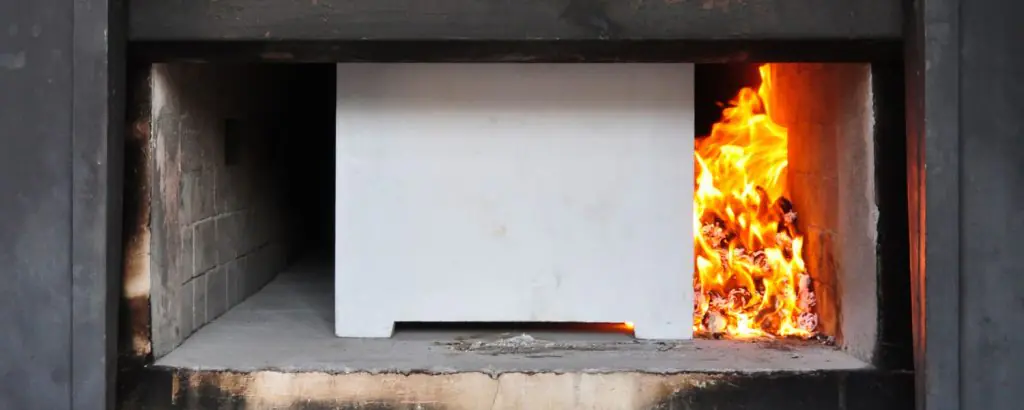
The evolution of cremation from ancient practices to its modern form is a fascinating journey that reflects changing attitudes towards death, technological advancements, and societal values. As we explore the evolution of modern cremation, it becomes clear that this mode of final disposition has not only endured over time but has also evolved to align with the needs and preferences of present-day society.
The Rise of Modern Cremation
The resurgence of interest in cremation in the Western world during the 19th century marked a pivotal moment in its history. Influenced by Enlightenment ideals, advocates of cremation argued for its practicality, efficiency, and hygienic benefits compared to traditional burial methods. The first modern crematorium was established in Milan, Italy, in 1876, symbolising a departure from conventional burial practices.
Cremation Societies and Advocacy
The formation of cremation societies facilitated the acceptance and popularity of cremation. These organisations, such as the Cremation Society of Great Britain, founded in 1874, played a crucial role in promoting the benefits of cremation and dispelling myths and misconceptions surrounding the practice. They emphasised the environmental advantages, the preservation of valuable land, and the potential for cost savings.
Technological Advancements
Advancements in technology further contributed to the development of modern cremation. Improved cremation equipment, temperature control systems, and filtration mechanisms enhanced the efficiency and environmental sustainability of the cremation process. These technological innovations not only streamlined the cremation procedure but also addressed emissions and environmental impact concerns.
Cultural and Religious Acceptance
Over time, cremation gained broader acceptance across various cultures and religious groups. While certain faith traditions initially opposed cremation, many have adapted to the changing landscape, recognising it as a valid and respectful means of laying the deceased to rest. The flexibility of cremation services allows for incorporating religious rituals and cultural practices, making it a more inclusive option for diverse communities.
Personalisation and Memorialisation
One of the defining features of modern cremation is its capacity for personalisation. Families now have the freedom to design unique and meaningful ceremonies that reflect the life and personality of the deceased. From customised urns to memorial services infused with personal touches, modern cremation allows for a more intimate and tailored approach to honouring the departed.
Environmental Considerations
In recent years, environmental consciousness has played a significant role in shaping modern cremation practices. As land use and conservation concerns have grown, crematoriums and funeral homes have implemented eco-friendly initiatives. Some facilities offer carbon-neutral cremations, and there is a growing emphasis on using sustainable materials for urns and memorial products.
Swanborough Funerals and Modern Cremation
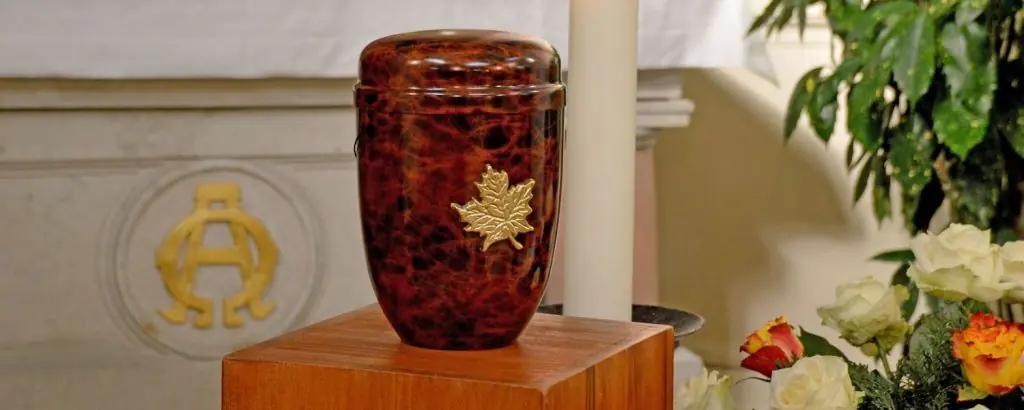
In the lively city of Brisbane, Swanborough Funerals stands as a trusted name, specialising in modern cremation services that cater to the community’s changing needs. Committed to environmental responsibility and with a profound understanding of cultural diversity, Swanborough Funerals ensures that their cremation services, including Brisbane cremations, are not only efficient and respectful but also tailored to each family’s unique preferences.
Conclusion
Cremation’s history and cultural significance reveal a fascinating journey through time and diverse traditions. As Brisbane embraces the practice of cremation, Swanborough Funerals stands as a pillar of support, offering compassionate services that honour the rich tapestry of cultures within the city. Cremation, once a ritual rooted in ancient beliefs, continues to evolve, finding a place in modern society as a meaningful and personalised way to bid farewell to loved ones.
 "/>
"/>
